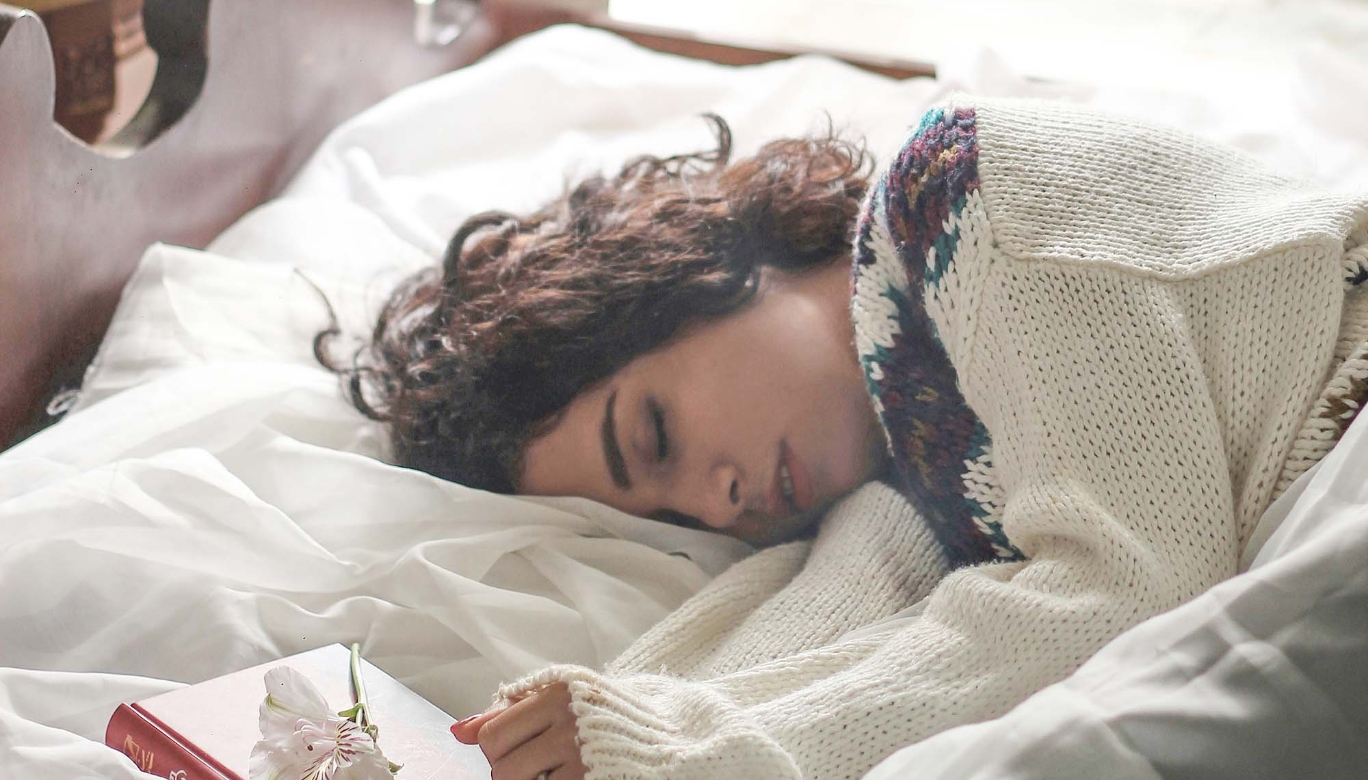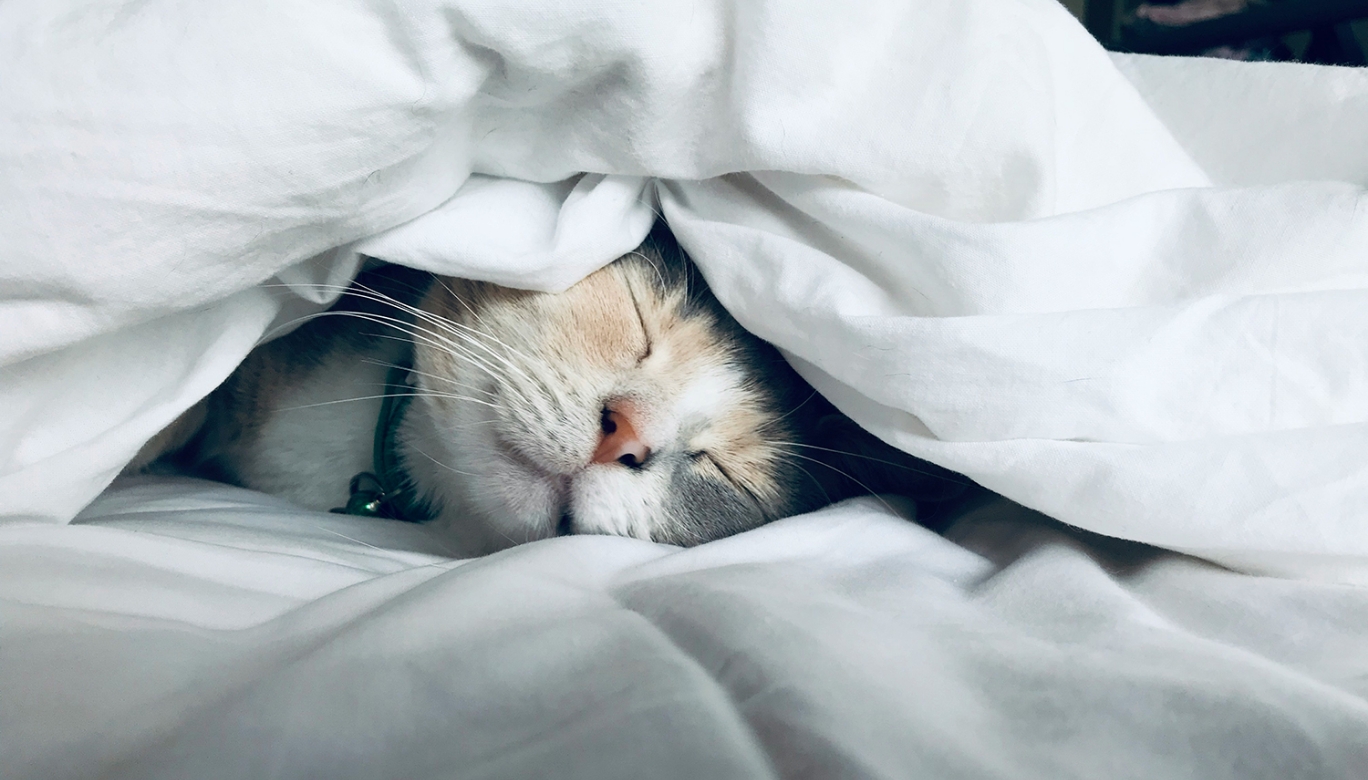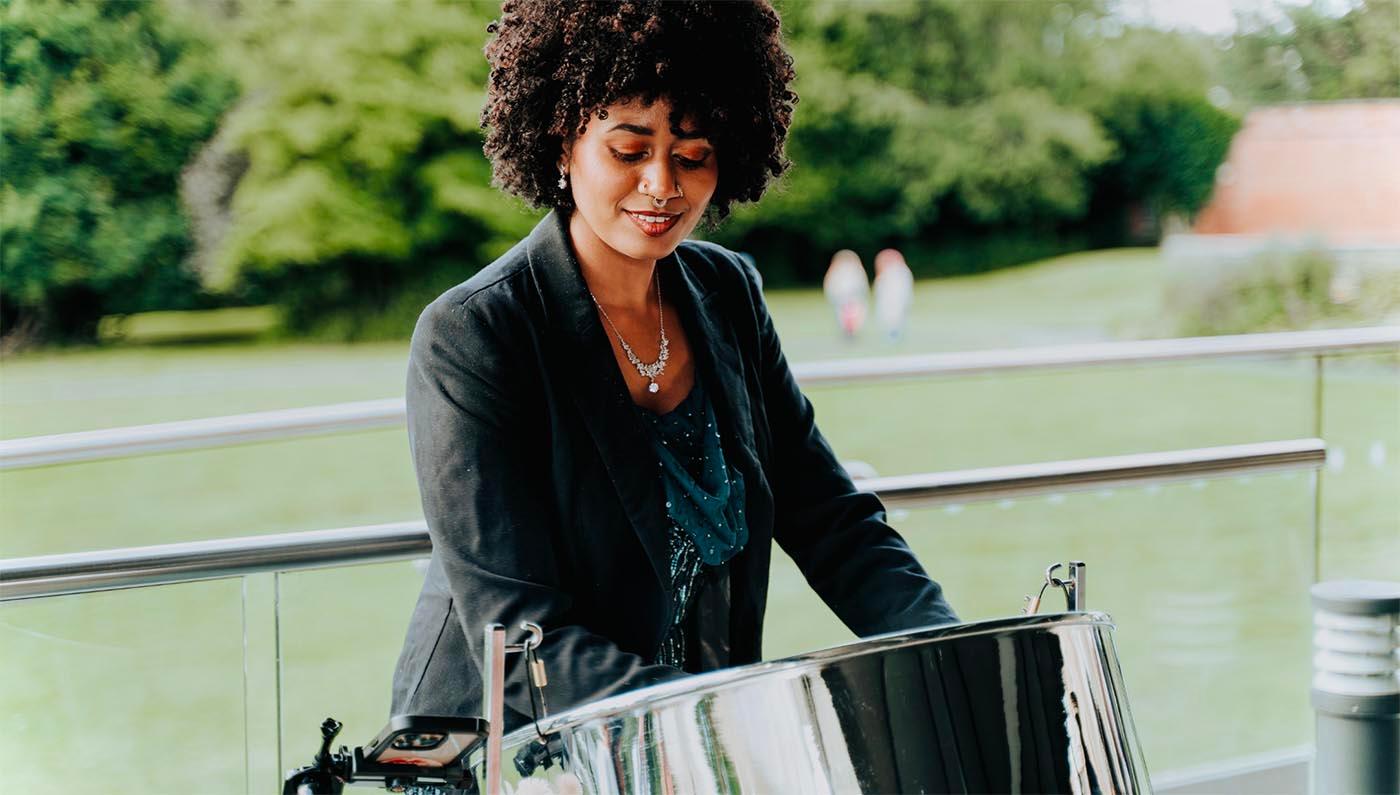The Hidden Power of Sleep
By Catherine Evans
Very few of us get enough sleep. Maybe it’s our busy, stressful life or that looming deadline that’s to blame. Or we may be inactive, too glued to NetFlix to go to bed in time to get enough rest. Some people hate acknowledging that the day is over, trying to cram more and more into it, but this is ultimately a self-defeating strategy. Beyond rest, sleep has many little-known benefits that may encourage even the most dedicated night owl to aim for a decent stretch of shut-eye.
Apart from physical restoration, our bodies release increased amounts of growth hormone during sleep, which repairs damaged muscles, tissues and promotes wound healing. Top athletes prioritise sleep to enhance their performance and to promote physical recovery after hard workouts. Further, when we are sleeping, the immune system cranks up the production of cytokines, special proteins that help the body to fight inflammation and infection and to combat stress. Think of quality sleep as a kind of natural vaccine booster, giving our body the chance to repair, to mend and to develop an army of infection-fighting cells.
A good night’s sleep is also the key to unlocking creativity. Our brains never fully switch off, but our brainwaves slow and actively change to allow us to strengthen neural connections, process what we have learned, to assimilate ideas and to form novel connections between unconnected ideas. Some of history’s greatest thinkers were inveterate nappers and daydreamers, using sleep to spark creativity.
There is also a surprising link between sleep and willpower. Willpower is a mental muscle that gradually weakens as we become tired. Quality sleep replenishes this resource so we are better able to resist temptation, make sounder decisions and stick to our goals. Consistently good sleep is linked to healthier skin, better digestion and improved weight regulation. While asleep, the body produces increased quantities of leptin, an appetite-regulating hormone, which curbs the desire for excessive snacking. People who are properly rested are more likely to make better food decisions, stick to their exercise goals and focus on their long-term objectives. Sleep gives us real energy, not the fake kind that comes from short term sugar fixes, and it also strengthens our resolve.

Improved sleep enhances our mood, giving us sharper focus and enhances our decision-making abilities. Without adequate rest, the brain’s inner caveman, the amygdala, responsible for emotional reactions, can go into overdrive, leading to heightened irritability and stress. This directly leads to enhanced relationships, as a well-rested person will have greater stores of patience, empathy and will take time to communicate properly, leading to stronger connections with family, friends and colleagues, and fewer meltdowns or arguments.
What’s the magic number of hours a night? This depends on genetics, age, lifestyle, physical and mental health. Generally, the older you are the less sleep you need; babies, children and teens need more sleep, but adults should aim for 7-9 hours.
There are several tried and tested ways to improve the quality of our sleep:
- Stay physically active and get regular exercise
- Get enough natural light, especially in the morning. Maintain a consistent sleep routine: try to go to bed and wake up at the same time every day, even on weekends.
- Avoid caffeine, too much alcohol and heavy meals in the late evenings.
- Have a relaxing nighttime routine: calming ourselves with activities such as reading, journaling, meditation, taking a warm bath, maybe some light stretches and yoga.
- Avoid difficult or emotional conversations close to bedtime.
- Limit screen time: the blue light from mobile devices and computers can suppress melatonin production, which promotes sleep and regulates our circadian rhythm.
- Enhance sleep environment: make sure our bed is comfortable, with a good quality mattress and pillow. Aim for a cool room and warm bedclothes. Use black out curtains or an eye mask to block out the light. Use earplugs or white noise for maximum quiet.
- If we suffer from insomnia or sleep apnea, it is really worth seeking some professional hellp. Our health may depend on it.
Features












